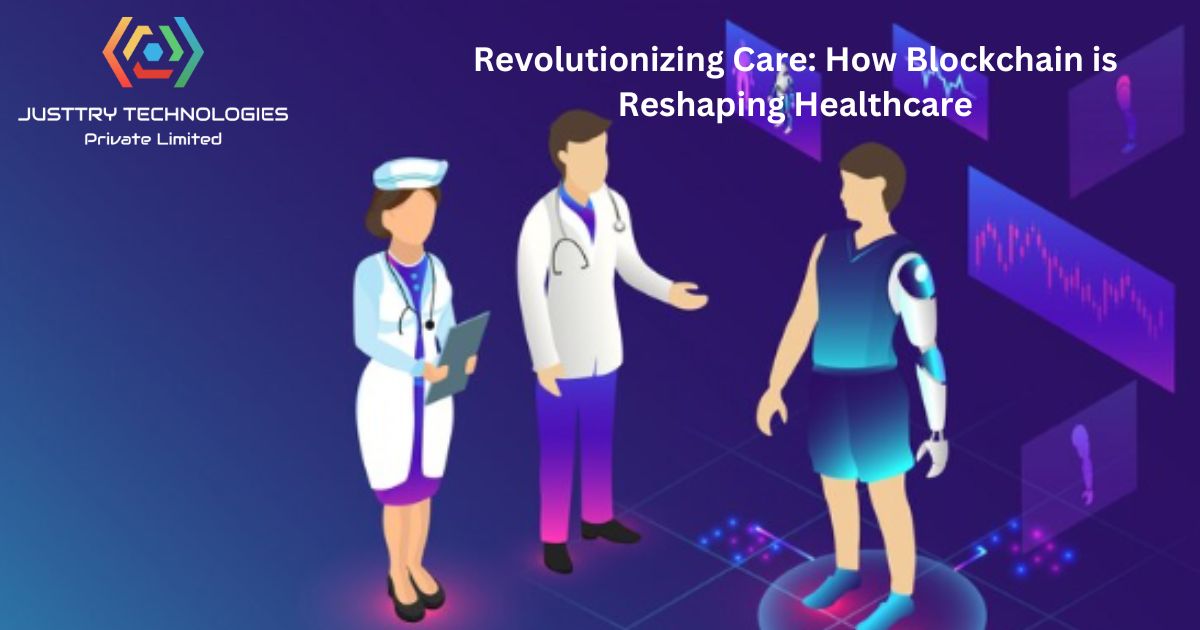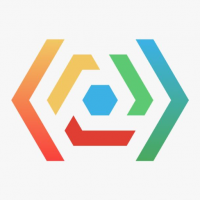3 Transformative Blockchain Use Cases in Healthcare: A Step Towards Innovation

Strong 8k brings an ultra-HD IPTV experience to your living room and your pocket.
Blockchain technology has rapidly emerged as a game-changer across industries, and healthcare is no exception. By addressing critical challenges such as data security, transparency, and efficiency, blockchain is revolutionizing how the healthcare sector manages sensitive information and streamlines processes.
✍️ From cryptocurrency transactions to smart contracts and real estate tokenization, the applications are endless. Explore our comprehensive guide to blockchain use cases and see how industries are adopting this technology for better efficiency.
This blog explores three impactful blockchain use cases in healthcare, showcasing how this cutting-edge technology is transforming patient care, clinical operations, and pharmaceutical supply chains.
1. Securing Patient Data and Enabling Interoperability
One of the most pressing challenges in healthcare is ensuring the security and accessibility of patient records. Centralized data systems are often vulnerable to breaches and unauthorized access, jeopardizing patient privacy and trust. Blockchain solves these issues by creating a decentralized and tamper-proof ledger for storing and sharing medical records.
How It Works:
Patient data is encrypted and stored across a decentralized blockchain network.
Access to the data is controlled through private keys, giving patients the power to decide who can access their records.
Blockchain enables seamless data sharing between healthcare providers, ensuring interoperability.
Benefits:
Enhances data security and reduces the risk of breaches.
Streamlines communication between providers, improving continuity of care.
Empowers patients by granting them control over their health information.
Real-World Example:
Medicalchain is leveraging blockchain to create a secure and transparent system for managing electronic health records (EHRs), enabling patients to share their medical history with providers securely.
2. Ensuring Transparency in Pharmaceutical Supply Chains
The pharmaceutical industry faces a significant challenge with counterfeit drugs, which not only lead to financial losses but also endanger patient safety. Blockchain technology provides end-to-end traceability of pharmaceutical products, ensuring their authenticity and compliance.
How It Works:
Every step in the drug supply chain—from manufacturing to distribution—is recorded on a blockchain.
QR codes or blockchain-powered tags are attached to drug packaging, allowing stakeholders to verify product authenticity.
Blockchain ensures regulatory compliance by providing an immutable record of all transactions.
Benefits:
Prevents counterfeit drugs from entering the supply chain.
Builds trust among consumers by ensuring the safety and authenticity of medications.
Reduces inefficiencies in tracking and logistics.
Real-World Example:
MediLedger, a blockchain platform, is transforming the pharmaceutical industry by enhancing supply chain transparency and ensuring compliance with drug safety regulations.
3. Streamlining Health Insurance Claims
The health insurance sector is often plagued by inefficiencies, fraud, and lengthy claim settlement processes. Blockchain technology introduces automation and transparency, making claims processing faster and more reliable.
How It Works:
Smart contracts on the blockchain automatically validate and process claims based on predefined conditions.
Immutable blockchain records eliminate disputes by ensuring that all transactions are transparent and traceable.
Blockchain simplifies communication between insurers, providers, and patients.
Benefits:
Speeds up claim approvals and settlements.
Reduces administrative overhead and operational costs.
Prevents insurance fraud by maintaining an immutable ledger of transactions.
Real-World Example:
Solve.Care is a blockchain platform that automates health insurance claims, ensuring transparency and reducing delays in payments to providers and patients.
The Role of Blockchain Development Services in Healthcare Innovation
Implementing blockchain solutions in healthcare requires technical expertise and an understanding of industry-specific challenges. Professional blockchain development services play a vital role in helping organizations design, deploy, and scale blockchain-powered systems.
Key Services Offered:
Custom Blockchain Solutions: Tailored platforms for EHR management, supply chains, and claims processing.
Smart Contract Development: Automating processes like insurance settlements and patient consent management.
Compliance Integration: Ensuring adherence to regulations like HIPAA and GDPR.
Interoperability Tools: Building solutions that seamlessly integrate with legacy systems.
Conclusion
Blockchain technology is no longer just a buzzword in healthcare—it’s a transformative tool addressing some of the industry’s biggest challenges. From securing patient data to ensuring supply chain transparency and streamlining insurance claims, blockchain offers innovative solutions that enhance efficiency, trust, and patient outcomes.
By partnering with experienced blockchain development services, healthcare organizations can unlock the full potential of this groundbreaking technology. As blockchain adoption continues to grow, it’s clear that the future of healthcare is decentralized, secure, and transparent.
Ready to embrace the blockchain revolution in healthcare? The time to innovate is now!
Note: IndiBlogHub features both user-submitted and editorial content. We do not verify third-party contributions. Read our Disclaimer and Privacy Policyfor details.







